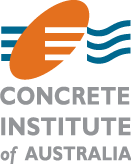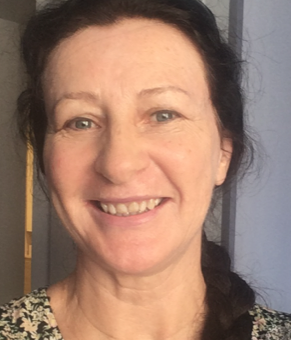A civil engineering professor and determined pioneer is leading an international effort to decarbonise concrete production and promote its use as a renewable energy generator.
Professor Maria Konsta-Gdoutos, of the University of Texas at Arlington (UTA), is also an associate director of the Center for Advanced Construction Materials (CACM) at the university and is working on a thermoelectric carbon-neutral concrete.
“We will pioneer TE-CO2NCRETE, a thermoelectric carbon-neutral concrete, that will exhibit a high carbon dioxide uptake potential and storage capacity,” Konsta-Gdoutos declared.
“Engineering the nanostructure of concrete also will allow the material to capture thermal energy from the surroundings and convert it into usable electrical energy, leading to the development of a novel technology for renewable electricity and higher efficiency power source.”
UTA is leading the pioneering partnership that includes the Portland Cement Association, the American Concrete Institute (aligned with our CIA), University of Wisconsin-Milwaukee’s Concrete Sustainability and Resilience Center, France’s Centre National de la Recherche Scientifique, two of Germany’s technical universities, in Dresden and Berlin, and the Politecnico di Torino in Italy.
“The aim of the partnership is to advance technological know-how for net zero carbon concrete at a global scale, picking up the pace set by the Paris Agreement to reduce greenhouse gas emissions 52% by 2030,” UTA stated.
Professor Konsta-Gdoutos said all partners are authorities in carbonated construction materials and energy-autonomous building materials and are equipped in handling various parts of the project. For example, UTA’s CACM labs contain a sub-10-nanometer imaging/mapping NanoIR AFM spectrometer (the only one at a US university), and the partnership has a US$1.5 million grant from the National Science Foundation to succeed in its endeavours.


